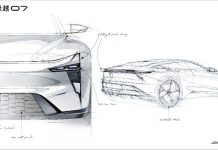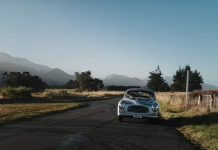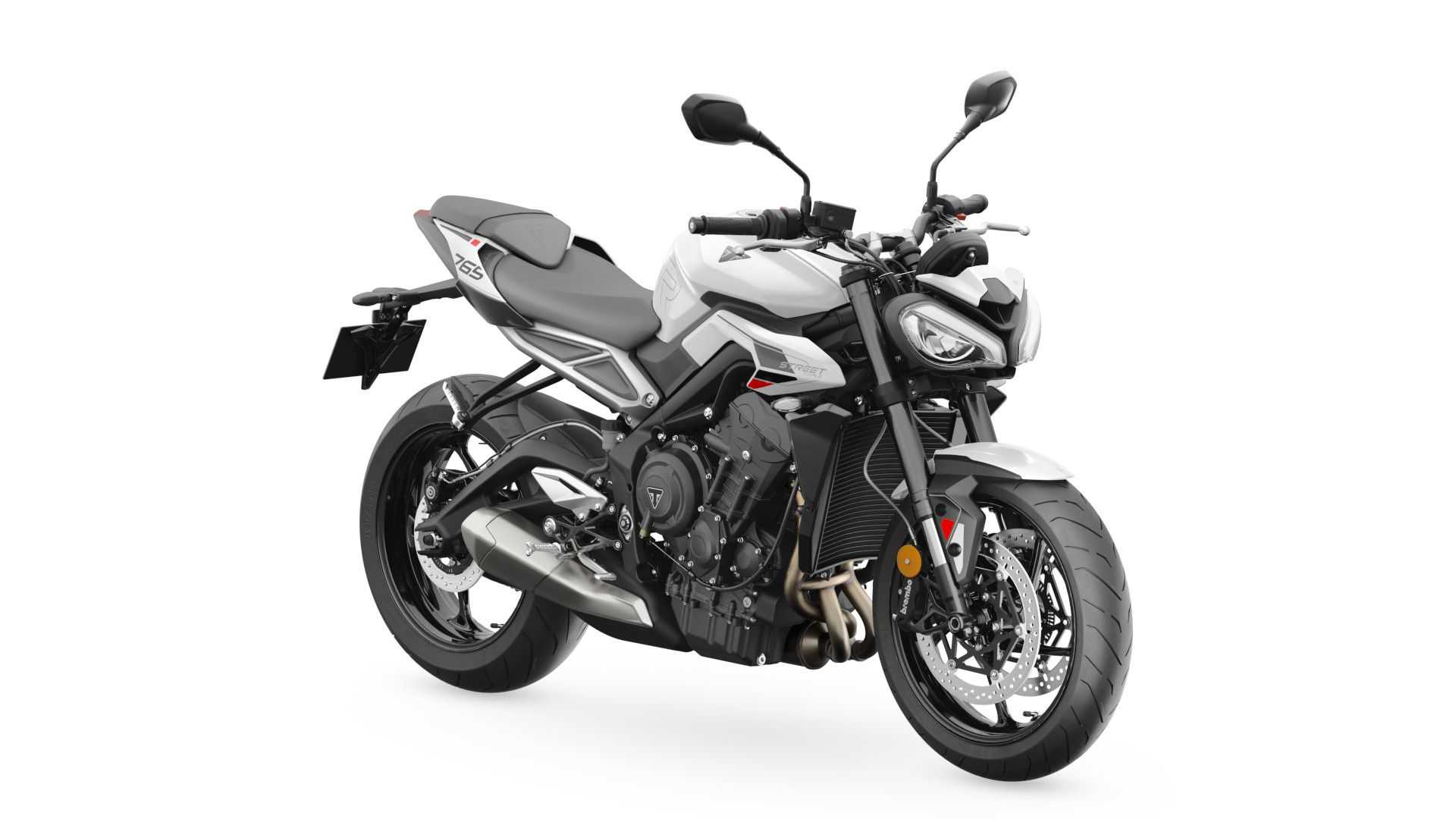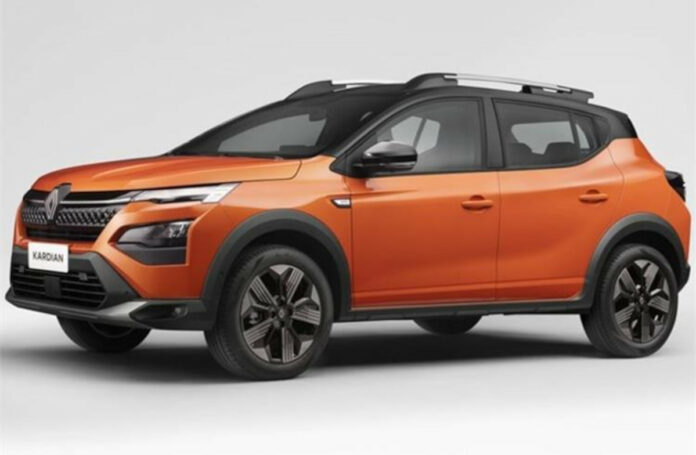Renault Kardian
The Renault Kardian’s introduction is a strategic move by Renault, targeting the thriving compact SUV segment in emerging markets. This approach aligns with a broader industry trend where automakers focus on versatile platforms and regional preferences to optimize costs and increase market penetration.
Key features of the Renault Kardian:
- New compact SUV aimed at emerging markets
- Built-in Brazil and Morocco
- Powered by a new 1.0-litre turbo-petrol engine with 125hp and 220Nm of torque
- Mated to a six-speed DCT automatic gearbox
- Stylish and rugged design
- Modern and stylish interior
- Unlikely to be launched in India




New compact SUV
Several factors underscore the Kardian’s significance:
Emerging markets
- Emerging Market Focus: Developing economies, notably South America, have been growing automotive sales arenas, with a particular affection for compact SUVs due to their versatility, affordability, and suitability for varying terrains. The Kardian’s development, specifically with these markets in mind, speaks to Renault’s adaptive market strategies.
- Platform Standardization: The use of the tweaked CMF-B modular platform is strategic. By standardizing the underpinning across various models, Renault capitalizes on reduced development and production costs, simplified assembly processes, and parts interchangeability. This platform strategy is critical for enabling competitive pricing, especially in price-sensitive markets.
- Design and Features: Aiming at the style-conscious segments of these markets, the Kardian is endowed with contemporary design elements and features that are typically reserved for premium categories – like the split headlamps, stylish alloy wheels, and the modern interior with touchscreen infotainment. These elements are likely to resonate well with younger demographics, increasing its market appeal.
1.0-litre turbo-petrol engine
- Performance and Efficiency: The choice of a 1.0-litre turbo-petrol engine strikes a balance between performance and fuel efficiency, an essential factor in emerging markets. This new engine, more potent than the one in the Kiger, might give the Kardian an edge in regions where both performance and economy are selling points.
- Local Production Strategies: Establishing production facilities in target markets (like Brazil and later in Morocco) may offer Renault distinct advantages, such as reduced logistics costs, avoidance of import duties, and enhanced supply chain efficiencies. Moreover, it allows Renault to fine-tune its vehicles to local preferences and regulations.
Stylish design
- Future Expansion and Models: While the Kardian itself might not enter the Indian market, given the presence of the Kiger, the platform and possibly some derived powertrains or components will. This strategy indicates Renault’s broader vision of creating a versatile, regionally adaptable range of vehicles, helping it maintain a competitive edge.
Pros of the Renault Kardian
- Stylish and rugged design
- Modern and stylish interior
- Powerful and efficient 1.0-litre turbo-petrol engine
- Six-speed DCT automatic gearbox
- Competitive pricing
- Well-equipped for its price
- Built on a new and advanced platform
Cons of the Renault Kardian:
- Only available in emerging markets
- Unlikely to be launched in India
- No all-wheel drive option
- Small cargo space
- Lack of brand awareness in some markets
The Renault Kardian represents more than a new model. It embodies a strategic foresight into platform optimization, market localization, and competitive positioning in the burgeoning automotive spaces of emerging economies. Its success will likely influence the brand’s presence and future decisions in global expansion, product diversification, and consumer engagement strategies.
The Kardian is not just a product but a representation of Renault’s adaptive market approach, leveraging platform standardization to reduce costs and introducing features that resonate with the target demographic. The decision to initiate production in Brazil and Morocco, focusing on regional preferences, also highlights the significance of geographical strategy in the automotive sector.
Furthermore, while the Kardian itself may not be introduced in all markets, its underlying platform and various componentry innovations could influence other models in Renault’s global lineup. This speaks to the company’s broader strategy of utilizing versatile, scalable solutions to maintain competitive leverage across different regions.
Overall, Renault Kardian’s introduction is a testament to the dynamic nature of the global automotive industry, illustrating that success requires not only technological advancement but also a deep understanding of regional market landscapes.





































